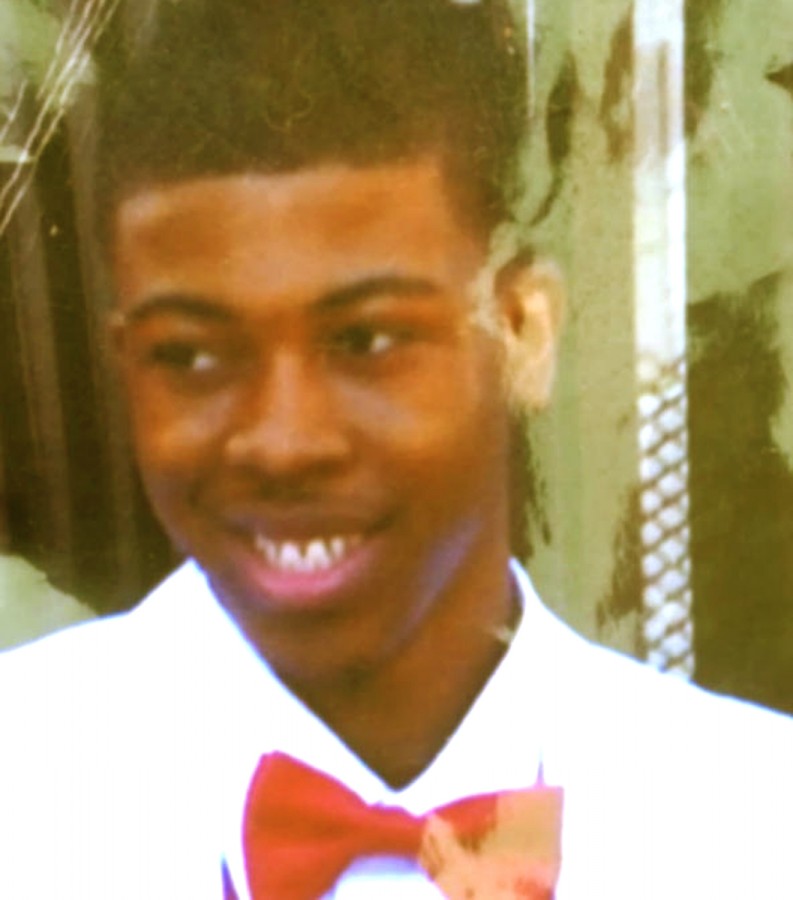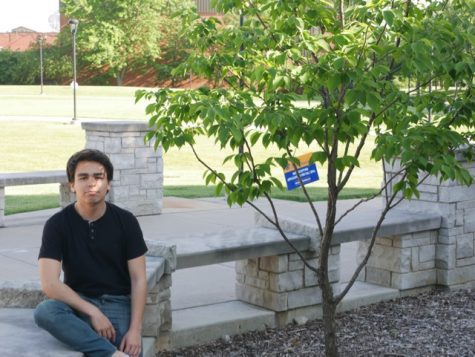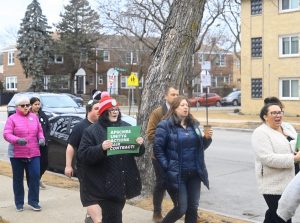When is Enough, Enough?
Cop Kills Teen, Sues Victim’s Estate
Quintonio LeGrier was fatally shot by Chicago Police Officer Robert Rialmo in Dec. 2015./Photo handout, courtesy of the LeGrier Family
March 1, 2016
We live in sad time when some police officers refuse to accept responsibility for their mistakes, especially when those mistakes leave people dead.
Chicago police officer, Robert Rialmo, who took the life of 19-year-old Quintonio LeGrier and Bettie Jones, filed a lawsuit against LeGrier’s estate on Jan. 28. Rialmo cites the incident caused him emotional stress.
“The fact that LeGrier’s actions had forced Officer Rialmo to end LeGrier’s life, and to accidentally take the innocent life of Bettie Jones, has caused, and will continue to cause, Officer Rialmo to suffer extreme emotional trauma,” the officer’s lawsuit reads.
Rialmo’s lawsuit detailed the stress received from the violence inflicted by LeGrier when the teenager allegedly wielded a baseball bat and swung at the officer two times, nearly striking Rialmo.
According to court documents, Rialmo warned LeGrier to dispose of the bat, and used his firearm after LeGrier ignored his orders to drop the bat and swung. Bettie Jones, 55-year-old neighbor, was caught in the encounter between Rialmo and LeGrier and was also killed during the encounter when a bullet intended for LeGrier apparently went through him and also hit Jones.
Though LeGrier did have a blunt object in the encounter, he may not have been in a clear mental state in which he could properly assess the situation. According to a Chicago Sun-Times interview with Antonio LeGrier, Quintonio’s father, he acknowledged that his son was prescribed medication for emotional problems stemming from his adolescence spent in foster care. Antonio called Chicago police to the scene about his son banging on his bedroom door with a baseball bat.
Though Rialmo could have used less lethal force to disarm LeGrier, the teenager allegedly had no regard for the safety of the officer. I understand that Rialmo’s life may have been in danger. If it was my life on the line, I would take no chances at ensuring a quick end to a dangerous situation with the least amount of suffering inflicted.
However, lethal tactics should not be the immediate protocol for breaking up a domestic conflict. Cases like these prove the rule “shoot first, ask questions later” isn’t the best course of action.
The duty of a law enforcer is to protect citizens from danger and to serve justice to those harmed by violent individuals.
A police officer suing the estate of a victim killed by his gunfire is shameful and insulting to the very people they are supposed to protect, especially when less lethal tactics could have been applied.











